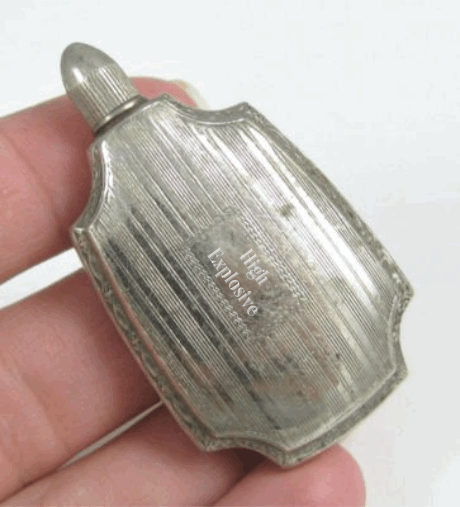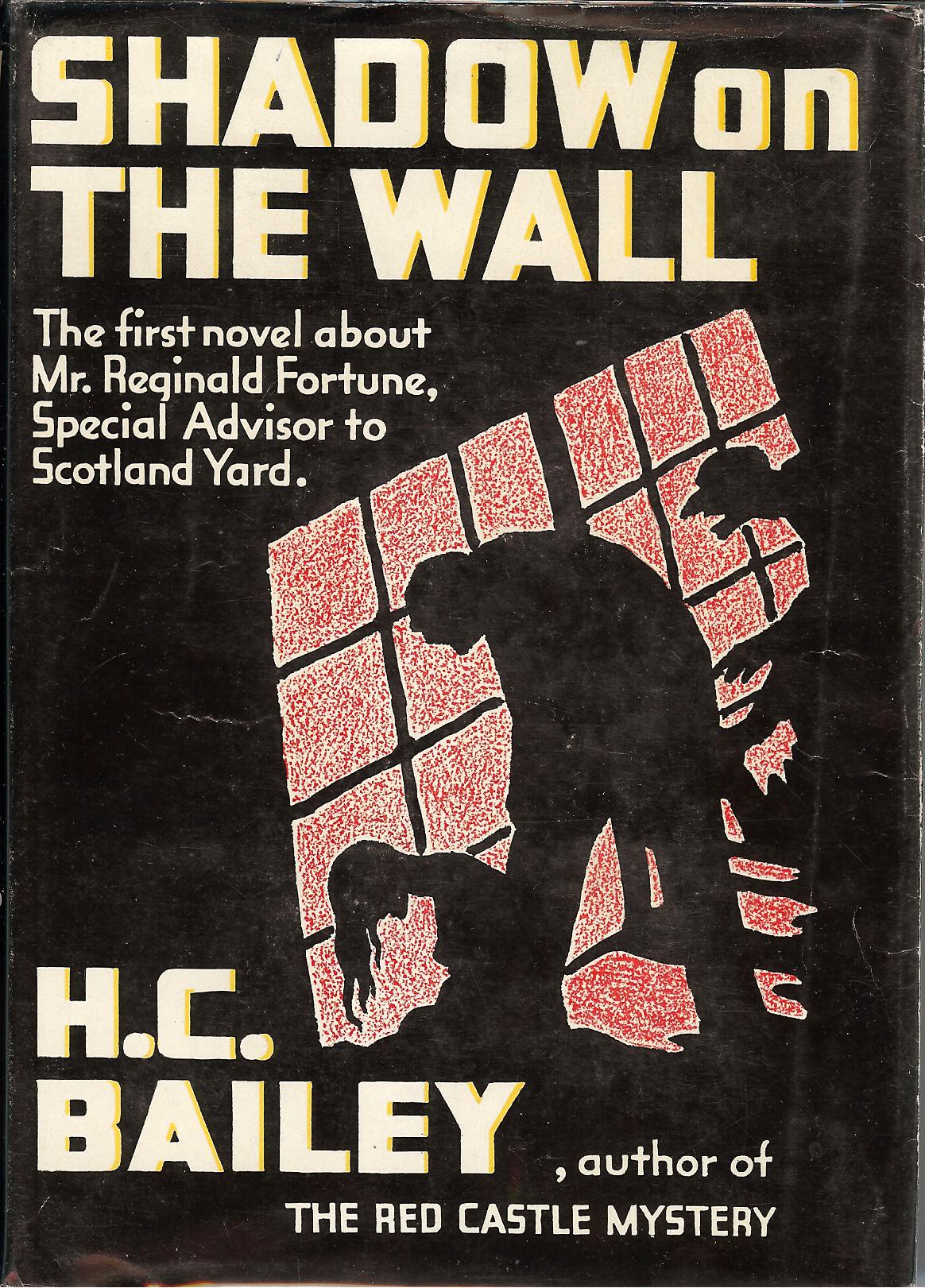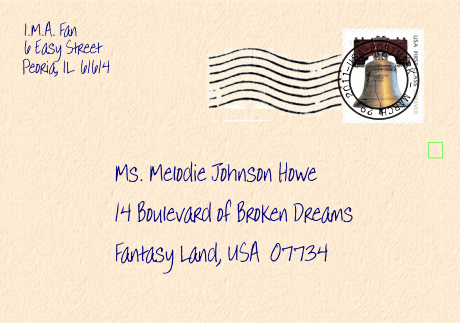Monday, April 4: The Scribbler
LITTLE THINGS
by James Lincoln Warren
Last November, I wrote a column about finding characters’ voices. You can find it here. In particular, I discussed a problem I was having in finding a particular character’s voice in a Work In Progress. Erica H. Wooding, my heroine, is young and sassy and extremely female. I, on the other hand, am old (well to be charitable to myself, let’s say I’m in late middle age) and staid (all right, I admit to a certain vanity in dress and a penchant for sarcastic one liners) and very male (but not macho—more the kind of guy who likes cigars, plays poker with his buddies, and wouldn’t be caught dead wearing anything pink). I’m not really very much like Erica, and the problem I was having was that she sounded to me almost exactly like my series character Carmine Ferrari, who actually is a bit macho.
Here’s the problem passage:
Dad desperately wanted me back—you know what some fathers are like when it comes to their little princesses, not that I’m remotely little or have ever been anything like a princess—but he wanted me home, in Fresno in general and at Sherwood Brothers in particular. I might mention that our name isn’t Sherwood and I don’t have any brothers, but when Dad formed the business, he decided there should be “wood” in the name somewhere, and the Robin Hood and his Merry Men angle struck him as cute. Like cute is a big part of the bail bonds business. As far as I’m concerned, drop the Robins and what you’re left with is the Hoods.
I’m still plugging away at the story, because I think I have found Erica’s voice. Much to my surprise, the Ferrari-esque passage remained mostly intact, but some little changes made a big difference. Here’s the revised opening to the story:
The job started with a bang, an explosive fireball erupting on the ocean. I didn’t know anything about that at first. If anything, my life at the time was more of a whimper. Living in Los Angeles was turning out to be a lot more expensive than I had figured, and to complicate things I’d just been fired. Pete Grady, the P.I. who had hired and then canned me, said our “relationship” wasn’t working out, and he was right, because there was no way I was going to let that cheesy fat sleaze bucket get in my pants. Standards, I got ’em.
But it was still a big blow to my meager finances and I was feeling angry and sorry for myself. So when I got the call asking me downtown for an interview, I was cheered up enough to break into spontaneous dance, much to the annoyance of my downstairs neighbor. The call said nothing at all about explosive fireballs. All I knew was that I finally had an appointment with a potential client. And man, did I need a client.
Dad desperately wanted me back—you know what some fathers are like when it comes to their little princesses, not that at five foot ten I’m remotely little, or have ever been anything like a princess unless princesses routinely skin their knees falling out of trees—but he wanted me home, in Fresno in general and at Sherwood Brothers in particular. I might mention that our name isn’t Sherwood and I don’t have any brothers, but when Dad started the business, he decided there should be “wood” in the name somewhere, and the Robin Hood and his Happy Thieving Forest Fraternity angle struck him as cute. Like cute is a big part of the bail bonds business. But that’s so him.
The Gentle Reader may disagree, but I think there is a substantive change in tone between the two passages, even though the second largely incorporates the first. That’s because I had some insight into her character and the differences between her and Carmine.
First, Erica is a lot less self-conscious than Carmine. Part of this comes from her being so much younger, but most of it comes from personality. Carmine wears Armani suits. He’s a former cop with a cop’s jaundiced eye. His idea of a workout is at the gym. He tells stories because he thinks he could write a bestseller someday. Erica wears jeans and tank tops. She has the idealism and ebullience of youth. Her idea of exercise is surfing and beach volleyball. She tells stories because she likes to talk.
Although Carmine is not any kind of pompous jerk and communicates in an informal way, Erica had to be even less formal, not so aware of her word choices—more conversational. In a way, Carmine’s writing is very calculated, but not so Erica’s. So this meant adding some phrases consistent with her essentially oral tone, e.g., “Standards, I got ’em” and “But that’s so him.” She also tacks her heart on her sleeve with much more readiness than Carmine would, lacking his caution in giving too much of himself away: “ . . . I was feeling angry and sorry for myself.” Carmine might admit that he was angry, but he would never admit that he felt sorry for himself. He’s about as likely to break into spontaneous dance as he would be to watch The View.
The Gentle Reader may recall that I am a slave to narrative technique, that in being a very slow writer, I parse everything I write carefully and deliberately for effect. So in a technical sense, what strikes me about the changes made to Erica’s opening salvo was how minor they were, and yet how profound their effects turned out to be. Yes, I added two paragraphs to help set up the original opening, but one of the reasons I did that was to introduce an element of action, i.e., the fireball, which the first draft was sadly lacking. The second reason was to put her father’s plea for her to come home in a stronger context, to give the G.R. a better feel for her situation.
The only changes to the original passage are switching “Merry Men” with the sassier “Happy Thieving Forest Fraternity,” expanding the “Daddy’s little princess” reference to limn Erica more clearly, and losing “As far as I’m concerned, drop the Robins and what you’re left with is the Hoods,” which as an example of wit is hopelessly forced and arch, in favor of the much more natural, “But that’s so him.” The last also shows that on balance, Erica loves her father—it’s an expression of exasperation borne out of affection, which I perceive rightly or wrongly as a very female attitude, or at least an attitude that wives frequently have for their husbands or sisters for their brothers, he said, having grown up with two sisters who are now very accomplished women and having tied the knot himself more than twenty-five years ago, thus honestly having attained some experience with how wives think of their husbands.
I guess the moral is that before a writer jettisons something, he or she should see how what’s already been committed to paper can be turned to reflect a different light than the one originally shining on it. The cliché, of course, is that big things come in little packages, but as someone also once remarked, it wouldn’t be a truism if it weren’t true. I suppose this is only to be expected in a medium were economy of expression is the Cardinal Rule, which means, of course, packing as much meaning in as tight a space as one can.




























